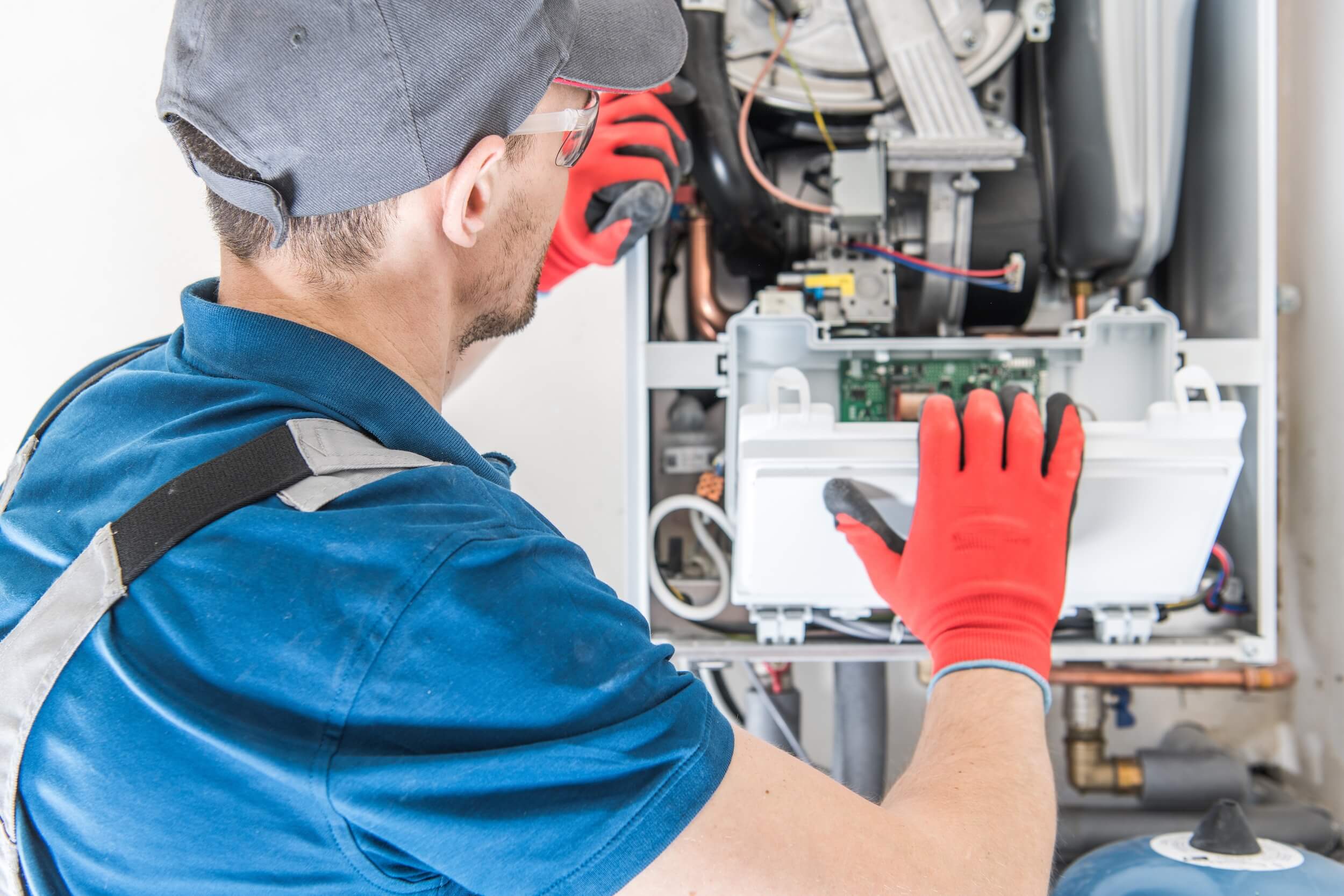Managing the Top Water Heater Crisis Situations
Managing the Top Water Heater Crisis Situations
Blog Article
Here down the page you'll find a good deal of exceptional news in relation to Is Your Water Heater Leaking?.

A water heater is just one of the most essential standard appliances that can be found in a home. With water heaters, you do not require to experience the stress of heating water manually whenever there is a requirement to take a bath, do the laundry, or the dishes. However, there is always a possibility that your hot water heater would certainly act up similar to the majority of mechanical devices.
It is important to note any kind of little breakdown and tackle it quickly prior to things leave hand. Most times, your hot water heater starts to malfunction when there is an accumulation of sediments as a result of continual use. As a preventative measure, regular flushing of your hot water heater is recommended to prevent sediment buildup as well as stop useful failing.
Usual hot water heater emergency situations and also just how to take care of them
Leaky water heater container.
In this circumstance, you need to turn off your water heater, enable it to cool down, and carefully look for the source of the trouble. At times, all you require to do is to tighten up a few screws or pipeline connections in situations of small leakages. If this does not work and the leak lingers, you might need to utilize the solutions of a professional for a suitable substitute.
Rising and fall water temperature.
Your water heater might begin generating water of various temperatures typically ice hot or chilly hot. In this situation, the first thing you do is to make certain that the temperature level is readied to the wanted degree. If after doing this, the water temperature keeps altering during showers or other tasks, you may have a malfunctioning thermostat. There may be a requirement to replace either the thermostat or the heating device of your water heater.
Insufficient warm water
Managing a not enough supply of hot water can be aggravating. It might be that the hot water heater can not sustain the warm water need for your house. To manage this problem, you might try to readjust your heating system's temperature level dial and wait for a few minutes. You can ask for the assistance of an expert plumber if the problem persists. Conversely, you can update your water heater to one with a bigger capacity.
Tarnished or smelly water
When this happens, you need to understand if the issue is from the water or the storage tank resource. If there is no funny scent when you run cold water, after that you are specific that it is your water heater that is malfunctioning. The stinky water can be caused by corrosion or the accumulation of germs or debris in the water heater container.
Conclusion
Some house owners ignore little warning as well as minor faults in their hot water heater unit. This just leads to additional damages and a possible complete break down of your home appliance. You should manage your hot water heater faults as soon as they come near prevent more costs as well as unneeded emergency problems.
With water heaters, you do not require to go with the anxiety of home heating water manually every time there is a need to take a bath, do the laundry, or the recipes. Your water heater could start generating water of various temperature levels generally ice scalding or cold hot. It may be that the water heater can't sustain the warm water need for your apartment or condo. If there is no amusing odor when you run cool water, after that you are specific that it is your water heater that is faulty. The stinky water can be created by corrosion or the accumulation of bacteria or sediments in the water heater container.
9 COMMON CAUSES OF WATER HEATER LEAKS
Why Is My Hot Water Heater Leaking?
Old Water Tank
Just like with any other household appliance, water tanks wear down as they age. Older water tanks are more susceptible to leaks and lower water retention. Generally, a leaking water tank results from rust buildup that causes internal corrosion. As the inside of the tank corrodes, cracks form that allow water to escape. You can patch the cracks to buy some time, but this is only a temporary fix. Eventually, you’ll need a new unit.
Drain Valve
You can use the drain valve on your water heater to empty and clean the tank. This component can become loose as it encounters continuous usage throughout the years. If your hot water heater is leaking, the source of the issue may be a loose drain valve. You may notice a mild water leak due to small openings that weren’t there before. Sometimes a simple tightening will do the trick, but if the valve is loose at the base, you will need to replace it.
High Pressure
Your water heater will naturally create pressure as it increases the water’s temperature. But too much pressure can cause problems. If excess pressure can’t escape the unit properly, water starts to leak through any cracks that are present.
Malfunctioning Temperature & Pressure Relief Valve
The problem above may result from a malfunctioning pressure relief valve. When the internal pressure of your water tank gets too high, the pressure relief valve allows steam to escape the unit and return to a stable temperature. Sometimes the valve just gets loose and needs to be tightened, but if it’s broken, you need to replace it with a new one.
Inlet & Outlet Connections
During the heating process, cold water comes into the tank through the inlet connection, and hot water exits through the outlet connection to travel through the pipes in your home. As with drain and pressure relief valves, these connections can loosen over time and cause a water heater leak. If this happens, either try to tighten the connections yourself or call a professional plumber.
Tank Interior
Water heaters have two “shells,” an internal shell that contains the water and an external shell that insulates the internal shell. While water leaks coming from the external shell are easy to spot because it’s just covered by a thin metal layer, they’re harder to catch in the internal shell because it’s covered by two layers of material.
Collection of Sediment
Here’s why regular water heater maintenance is so important. If you neglect cleaning the tank, sediment builds up at the bottom and eventually causes the unit to crack. The formation of cracks in the tank can cause a mild to severe water heater leak in your home. If the tank starts leaking, all you can do is replace it entirely. So do yourself a favor and clean the tank a few times a year to prevent this from happening. Your wallet will thank you later.
https://www.horizonservices.com/about-us/blog/9-common-causes-of-water-heater-leaks/

I stumbled upon that entry on Warning Signs You Need Water Heater Repairs when doing a search on the search engines. Sharing is caring. You just don't know, you will be doing someone a favor. Thanks for going through it.
Immediate help? Ring! Report this page